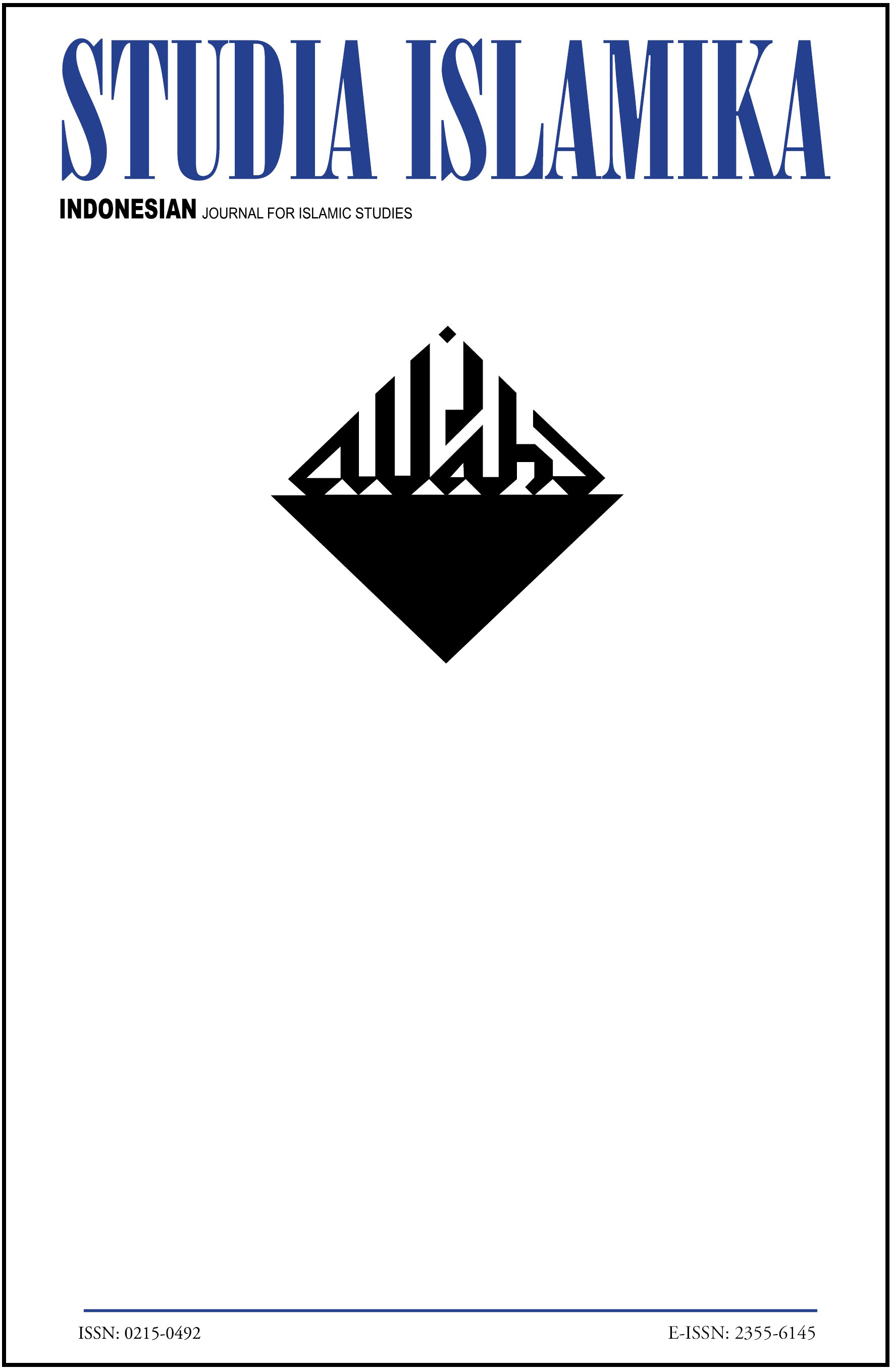Abstract
Religion is predicted to dissipate from social significance through the processes of development or economic modernization. Classical secularization theory forecasted religion in the modern era will face some circumstances such as 1) the decline of personal faith, religious beliefs and practices; and (2) the retreat of religion from public space (Cassanova: 1994, 2010). However, the supporters of secularization and modernization theories failed to notice that religion did not disappear from the public sphere. The opposite occurs in Southeast Asia. Economic development program and modernization could work hand-in-hand with religion in the region (Feener and Fountain: 2018).In the context of Indonesia, the issue of religion has gone through ups and downs. The story of Indonesia’s revival of Islam had been begun when the country experienced anti-communist campaigns of 1965-66 (McVey: 2006). Since then, the government obliged all of its societies to profess one of Indonesia’s recognized religions: Islam, Catholicism, Protestantism, Buddhism, and Hinduism (now Confucianism has been added to the list) (Qurtuby: 2013). The pressure for all citizens to embrace one particular recognized religion resulted in great conversion from local religions/faiths—Hindu, Buddha, abangan, etc.—to Islam (Hefner: 1987a, 1987b, 1989; cf. Beatty: 1999). It then witnesses rapid growth of the grassroots Islam and the spread of Islamization (Houben: 2003).Authors who publish with this journal agree to the following terms:
- Authors retain copyright and grant the journal right of first publication with the work simultaneously licensed under a Creative Commons Attribution License that allows others to share the work with an acknowledgement of the work's authorship and initial publication in this journal.
- Authors are able to enter into separate, additional contractual arrangements for the non-exclusive distribution of the journal's published version of the work (e.g., post it to an institutional repository or publish it in a book), with an acknowledgement of its initial publication in this journal.
- Authors are permitted and encouraged to post their work online (e.g., in institutional repositories or on their website) prior to and during the submission process, as it can lead to productive exchanges, as well as earlier and greater citation of published work.
Downloads
Download data is not yet available.

